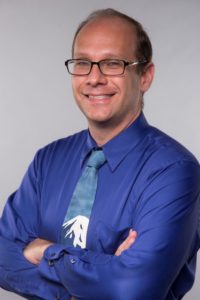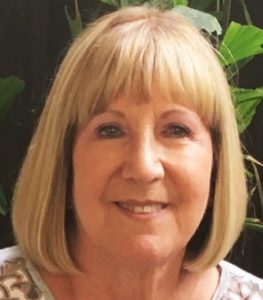One obstacle to addressing climate change is that many of us worry about maintaining our high-energy lifestyles.
Americans are known for enjoying large vehicles and unlimited air conditioning. If we act to curb greenhouse gas emissions, will we have to change our way of life?
At the heart of this question is the fundamental American ideal of freedom — that the individual, not the government, best determines how he or she should live.

It is important to understand that freedom is not simply the ability to act according to whims. To be truly free is to act in accordance with a vision of the good —what is a good family, a good society, a good nation. True freedom is about living according to our highest aspirations about what is good and just in society.
America has a long tradition of asking citizens to sacrifice for the greater good. Today, most citizens are reluctant to do anything that might be inconvenient. Since when did convenience become our highest aspiration as a nation? Is there no higher calling that can bring us together?
There are two visions of freedom that are before us today, with respect to climate change.
The “status quo” supports the use of fossil fuels as long as possible. Our lifestyles do not change much with this option – unless our family is hit with a hurricane, a flood, a drought or a heat wave.
When these natural, climate-related disasters happen, with more frequency and severity than in the past, the government is left paying for emergency response and recovery. A few fossil fuel barons become wealthy and we, the taxpayers, get stuck with the bill.
And what about our children? As we embrace the status quo, carbon levels in the atmosphere continue to rise. Ice in the Arctic and Greenland melts. Sea levels continue to rise.

The International Panel on Climate Change predicts more droughts and food shortages, waves of climate refugees disrupting security worldwide, and mass die-offs of plants and animal species. The freedom of our children, and their children, will be greatly reduced.
Is this our vision of the good society? Does this sound like the path of freedom?
What is the vision of freedom advocated by those who want dramatically reducing carbon emissions? It’s a future in which our relationship with nature is as rich as it is today. It’s a future in which we can bird-watch, hike, fish and hunt, snorkel, boat and swim in a landscape that is full of healthy native species.
Energy will come from the sun, the wind and the waves, without polluting our land, our air, our water. Transportation may look entirely different than today. With new forms of shared and automated mobility, we will be able to travel wherever we want, whenever we want, but with much less risk of being injured in a car crash.
If we act, our society will face massive changes. But these changes will ultimately enhance our freedom. We will live in a world that is safer and in better balance with nature. We will keep our planet livable, not just for humans, but also for the plants and animals with whom we share the Earth.
Continuing to embrace the status quo will result in a more dangerous world where our lives and homes will face greater risks with each passing year.
The vision for the future is yours to choose. On which side will you stand?
Louis Merlin is the group leader for the Boca Raton Chapter of Citizens’ Climate Lobby and an assistant professor at the School of Urban and Regional Planning at Florida Atlantic University. Susan Kaye is a sales and marketing professional and volunteer with Citizens’ Climate Lobby, Boca Raton chapter.
“The Invading Sea” is a collaboration of four South Florida media organizations — the South Florida Sun Sentinel, Miami Herald, Palm Beach Post and WLRN Public Media.



